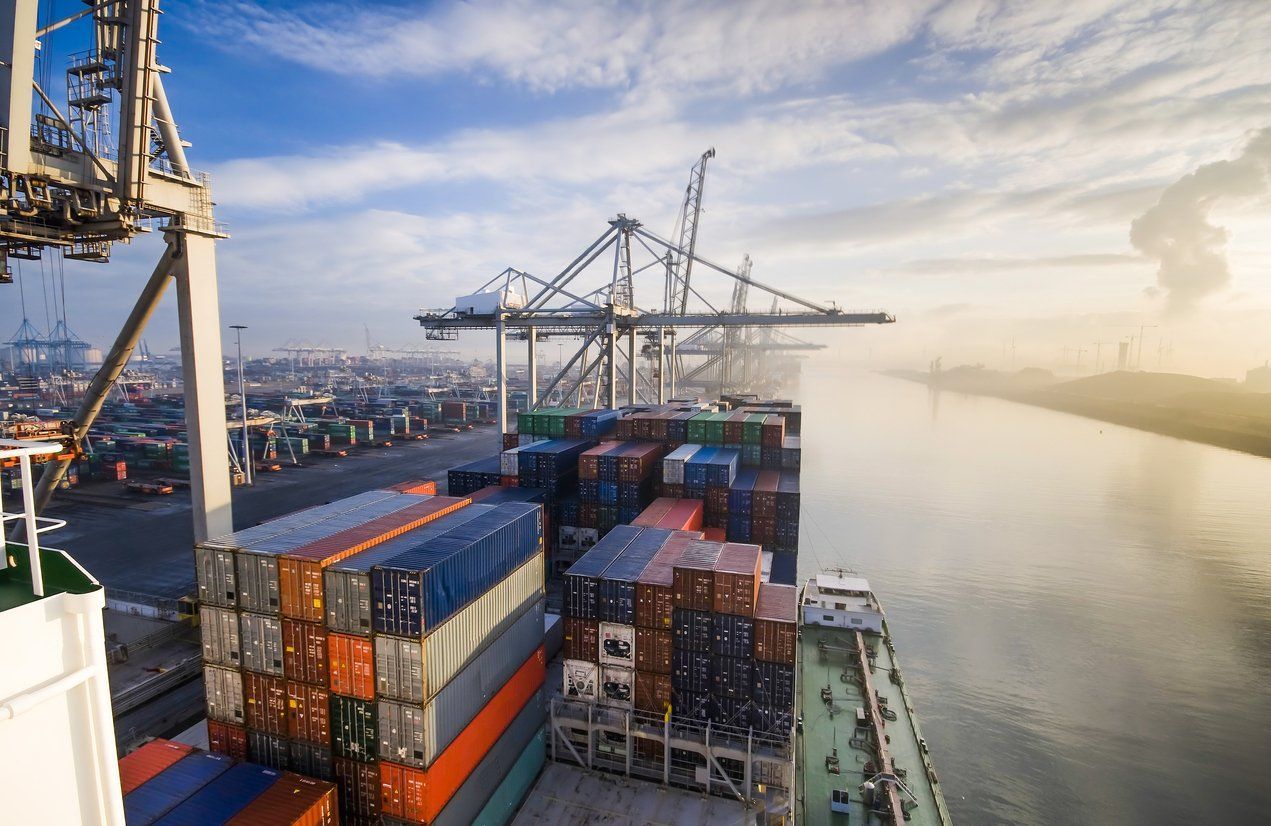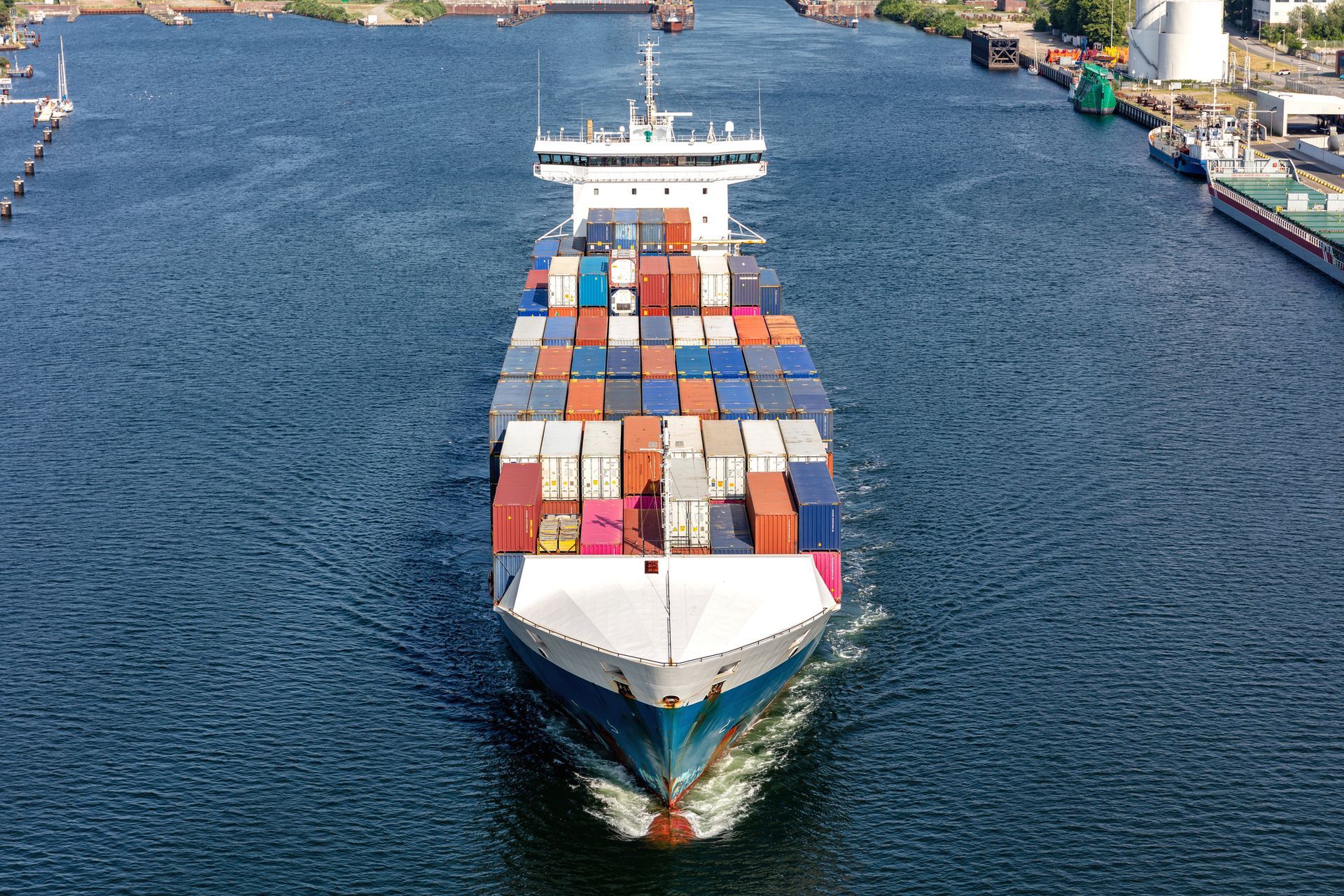
FCL shipping is a popular solution for shipping large quantities of goods, but it involves a series of costs that can significantly impact companies' budgets. Understanding FCL costs is essential for efficient management and to avoid financial surprises during the logistics process.
In this article, we will explore the main expenses involved in FCL shipping, such as THC (Terminal Handling Charge), B/L (Bill of Lading), ISPS (International Security Port Surcharge), among others. Learn the specifics of each expense and learn how to plan your transportation in a more effective and economical way.
Costs and expenses involved in FCL transportation
When opting for FCL (Full Container Load) cargo transportation, it is essential to consider the various expenses and costs involved in this logistics operation. Understanding each of these costs is essential for efficient management and to avoid financial surprises during the process.
The main costs include terminal handling fees (THC), Bill of Lading (B/L), port security surcharge (ISPS) and other additional expenses.
THC (Terminal Handling Charge)
The Terminal Handling Charge (THC) is a fee charged for handling activities carried out at the port terminal. These activities include loading and unloading containers, as well as internal handling within the port.
In the case of FCL, the THC value is determined by the shipping company and can vary depending on the type of container used and the location of the port. For example, busier ports or those with more modern infrastructure may have higher rates due to higher operating costs.
Understanding this rate is crucial, as it can significantly impact the total cost of transportation.
B/L (Bill of Lading)
The Bill of Lading (B/L) is an essential document in maritime transport that confirms the receipt of cargo on board the vessel and acts as a contract between the exporter and the shipping company.
The fee associated with the B/L covers the administrative costs of issuing this document. The B/L not only facilitates the movement of cargo, but also serves as a title deed of the goods, which is vital for the release of the cargo at the final destination.
Therefore, the accuracy and adequacy of this document is essential to avoid delays and legal issues.
ISPS (International Security Port Surcharge)
The International Security Port Surcharge (ISPS) is a surcharge levied by shipping companies to cover the costs of international security measures implemented at ports.
These measures were introduced after the events of September 11, 2001, to increase security against terrorist threats in maritime transport. The ISPS helps to finance the additional security required to protect ports, ships and cargo.
This surcharge is generally fixed, but can vary by port and shipping company, reflecting the different security and infrastructure needs of each location.
Other possible expenses
In addition to the aforementioned fees, there are other expenses that may be incurred during the FCL transportation process. Some of these include:
- Customs clearance: This is the process of releasing the cargo through customs, which may involve additional fees and tariffs, depending on the country of import or export.
- Storage: If the cargo remains at the terminal for a period longer than expected, storage fees will be applied. These costs can quickly accumulate, making it essential to efficiently manage the time that the cargo remains at the port.
- Demurrage: This fee is charged when containers are held beyond the free time agreed in the transportation contract. Demurrage can be quite costly, especially in congested ports, where waiting times can be longer.
- Other logistics costs: Depending on the nature of the cargo and the destination, there may be a need for additional services, such as health inspections, specific certifications, insurance, among others. It is also worth noting that road transport costs may be incurred when collecting cargo at the origin or delivering the container to the destination.
Understanding all of these costs and expenses involved in FCL transport is vital for efficient management of the logistics chain. Planning and predicting these expenses helps to avoid financial surprises and ensures that the transport process runs smoothly and economically.
Tips for hiring FCL transport
When searching for FCL transport, it is essential to follow some important tips to ensure an efficient and safe logistics operation. Below, we present valuable guidelines for you to carry out a successful FCL transport.
Search for reliable partners
Start your search for partners that support FCL transportation services. Finding a reliable company is crucial to the success of your logistics operation.
Allink is an example of a reliable partner, specialized in providing efficient solutions for freight forwarders and customs brokers. Prioritize companies with a good reputation and proven experience in the sector.
Learn about the history and services offered
Before closing any deal, learn about the company's history, its services and commitments regarding cargo care and compliance with deadlines. Allink, for example, offers exclusive service to freight forwarders and customs brokers, ensuring personalized, neutral and quality service.
Check reviews, customer testimonials and certifications to ensure that the company you choose is capable of meeting your needs.
Don't just prioritize price
Avoid the temptation to opt for the cheapest transportation option without considering other important aspects, such as transit time, regularity of service, and possible transfers.
Cheap can be expensive when it comes to the safety and integrity of your cargo. Evaluate the cost-benefit, taking into account the reliability and quality of the service offered.
Know the dimensions of your cargo and choose the most suitable equipment
Understand the internal dimensions of the container to determine whether it offers adequate space for your cargo. Also evaluate how the stuffing will be done.
Using the appropriate container prevents damage to the cargo and optimizes the available space, reducing unnecessary costs.
Find out the transit time and costs involved
Planning is essential to the success of your operation. Consider not only the time on board the ship, but all the steps involved in the process, from customs clearance to final delivery.
Make sure all fees are taken into account to avoid cost surprises. Detailed planning helps to avoid delays and unexpected costs.
Avoid the dreaded demurrage
Demurrage is the fee applied when a container is not returned within the period agreed with the shipping company, starting as soon as the container is unloaded at the port of destination.
Avoiding the payment of demurrage requires a well-planned strategy, from the negotiation of international freight to the management of the operation. Maximizing free time and ensuring clarity in the terms of the contract are essential steps to prevent setbacks.
The use of technological tools for tracking and monitoring can help maintain precise control of deadlines, minimizing the risk of exceeding the stipulated period and, consequently, avoiding unnecessary charges.
Atenção aos incoterms
The costs involved in the LCL transport process depend directly on the agreed incoterms. This is because these codes determine the responsibilities of each party (exporter/importer) involved in the process. Therefore, when considering LCL transport, be sure to pay special attention to the agreed incoterm.
To be successful in FCL transport, everything starts with the quote. Check out our quote checklist and avoid mistakes at this initial stage.
Continue a navegar no blog da Allink

Mantenha-se informado sobre o comércio exterior
Assine nossa newsletter e receba atualizações semanais de forma gratuita sobre o mundo da logística.




